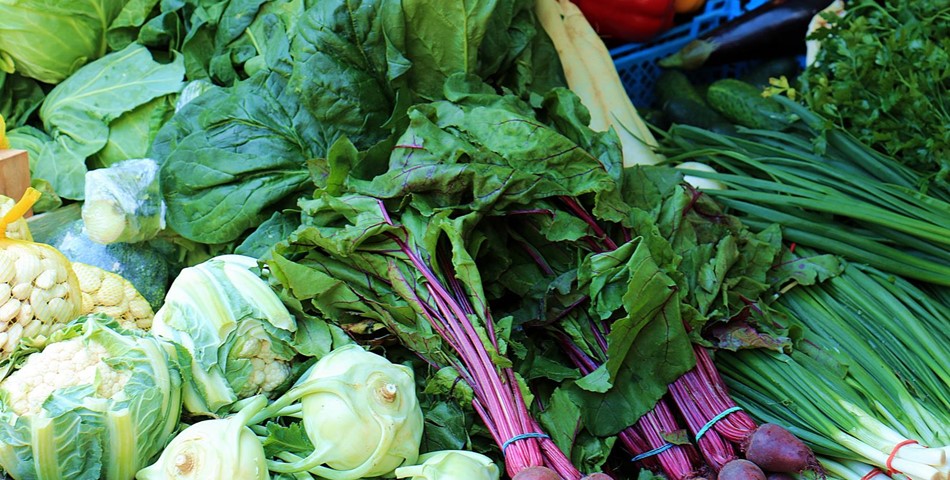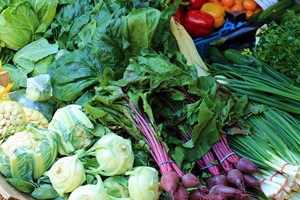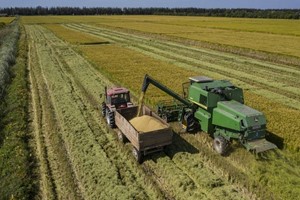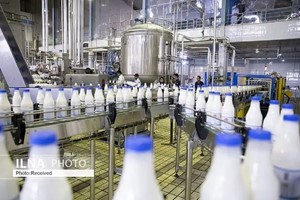Chinese demand
The Chinese Government purchases domestic produce at artificially elevated prices to support the incomes of farmers and guarantee supply. This policy has enabled a country with just seven percent of the world's arable land to feed twenty percent of the world's population. While it is a remarkable achievement, the policy has created a vast oversupply of grain, particularly corn, and exerts enormous pressure on the Chinese Government's storage capabilities. China's domestic store of corn reached 81.46 million tons in 2015, and is estimated to soar to 90 million tons in 2016/17. Government price maintenance undermines demand for Chinese corn by keeping the domestic price much higher than the international market, driving local companies to turn to cheaper imports. Demand is further eroded by a changing modern market. Between 2000 and 2010, per capita consumption of staple foods continued to decline, whereas the consumption of higher-value foods, such as poultry and dairy, experienced high growth. There are inefficiencies between supply and demand in the Chinese market; soybean production, for example, does not match domestic demand. In 2015, the imported volume of soybean reached 81.69 million tons, representing 80 percent of domestic demand. The document calls for a reduction in stockpiled products, such as corn, and an increase in the production of in-demand imported goods, such as soybean.


Farming techniques
The document also calls for increased efficiency in Chinese agriculture through integration and specialization. The simplification of the land transfer process combined with higher subsidies for large-scale landholders will stimulate the development of farm co-operatives, which, in turn, will lead to larger and more specialized farms. The promotion of integration and co-operation between the agricultural, secondary and tertiary sectors is likely to see a greater share of the proceeds made in China's burgeoning food industry return to farmers. The document emphasizes the improvement in quality of both farming techniques and agricultural produce, which are vital to food security in China. The amount and quality of arable land in China is in decline. A report conducted between 2005 and 2013 found that one-fifth of Chinese soil was contaminated. Cadmium, nickel, and arsenic were the top pollutants. The Central Document states that China will ensure that land dedicated to farming never falls below 120 million hectares and increased attention is given to green development. The document outlined a plan for 530,000 million m2 of high-quality farmland by 2020 to be farmed in an environmentally-conscious manner, able to withstand floods and droughts, and capable of producing stable yields. Initiatives such as this will improve China's ability to guarantee food security in a more efficient way than simply stockpiling harvests. The environmental reforms outlined in the document are, however, limited in application and would require dedicated legislation to fully address the issue. An improvement in the quality of agricultural products is vital to Chinese food security following repeated food scandals and a loss of consumer confidence.


Agricultural reforms
The document emphasized new national standards on food safety that would be prioritized to reduce the incidence of such scandals. Agriculture Minister Han Changfu has said that there will be a 'zero tolerance' approach to dealing with food safety violations and that offenders would face severe penalties. The agricultural reforms outlined in the Central Document must be carried out to meet the demands of a growing population while also addressing environmental concerns. It is important, however, to acknowledge that, while the surplus grain does exert pressure on the Chinese Government, it is still preferable to shortages. Careful management of the stockpiles, accompanied by policies targeted towards increased production capacity and high-quality farmland, would help to manage food security and ensure an adequate response to any future increase in demand.
Email: info@futuredirections.org.au
Web: www.futuredirections.org.au














